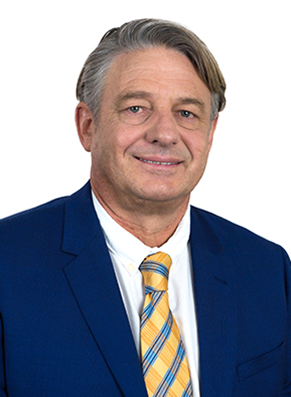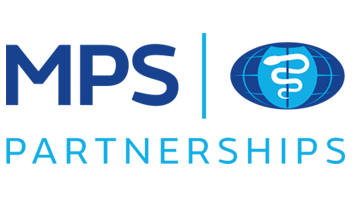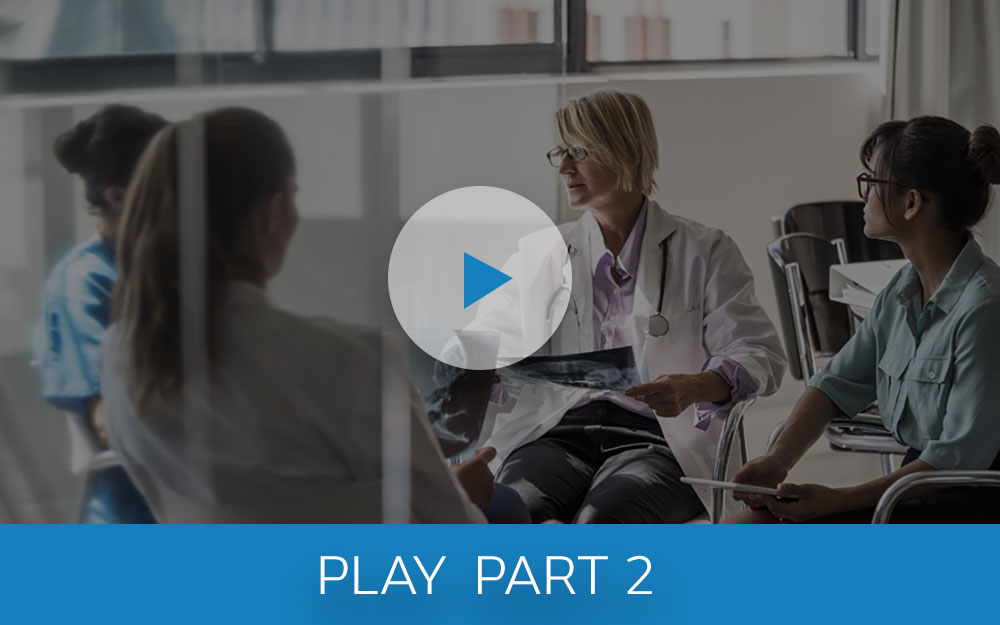Creating Value Through High-Quality Care in the Private Sector
Overview:
Cognitive Institute Medical Director, Dr Clare Morgan, and Cognitive Institute International Education Consultant Dr Mark O’Brien, consider how the disruption of ‘business as usual’ in government funded and/or delivered healthcare systems across the world caused by the COVID-19 pandemic, has shone a spotlight on the role a vibrant, efficient and safe private sector can play in addressing the surge in patient needs. Together, they explore how the private sector can position itself to grow and prosper through a strong commitment to quality and efficiency.

Learning objectives
The webinar examined:
- strategies used across the private healthcare sector globally to drive quality and safety
- ways to strengthen systems for safer, more reliable high-quality, high-value care
- implementing safety and quality systems successfully.
Dr Mark O'Brien and Dr Clare Morgan
About the presenters:
Dr Mark O’Brien, International Education Consultant, Cognitive Institute
Dr O’Brien is a well-regarded consultant and expert trainer in the areas of clinical leadership, risk management and quality and safety. Dr O’Brien is also Associate Fellow and Programme Director of the Oxford Healthcare Leadership Programme at the Saïd Business
School at Oxford University, an Adjunct Professor in the Faculty of Business, Economics and Law at the University of Queensland, and serves as a Non-Executive Director of St John of God Healthcare – a large private hospital group in Australia.
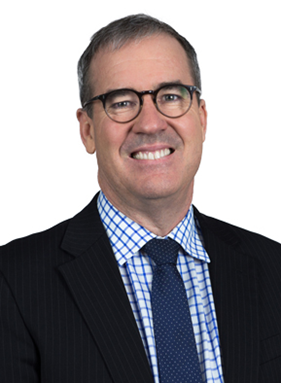
Dr Clare Morgan, Medical Director, Cognitive Institute
Dr Clare Morgan is an experienced medical administrator with more than 20 years’ senior management experience in the private and public sectors. She possesses extensive senior leadership experience, with specialty expertise in clinical risk management and governance, complex system restructure, safety and quality outcomes, medical workforce management and professionalism, clinical leadership, and organisational development. Dr Morgan previously held the positions of Chief Medical Officer, Mater Health Queensland, and Medical Director of Safety and Quality, Wesley Hospital, Brisbane, Australia.
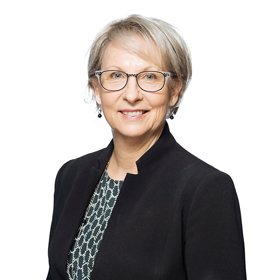
Could simple civility save lives and reduce medicolegal risk?

Overview:
A climate of simple civility in the workplace:
- Has a powerful impact on staff engagement
- Increases team collaboration
- Reduces error and medicolegal risk
- Improves patient safety and organisational performance.
A study by KATZ 2019 into operating theatre culture concluded incivility has a negative impact on performance. And findings from the 2020 Paterson Inquiry report stress the importance of a speaking-up culture. This webinar explored current research and global movements that assert ‘civility creates safety’ and shared practical, evidence-based strategies to create a culture of civility in the workplace.
Learning objectives:
The webinar examined:
- evidence that rudeness and incivility negatively impact patient outcomes and staff engagement
- the impact of incivility on individual, team and organisational performance, and the implications for patient safety and medicolegal risk
- what is needed to create a psychosocially safe climate at work.
Reference list:
Could simple civility save lives and reduce medicolegal riskDr Lynne McKinlay
About the presenter:
Dr Lynne McKinlay is Senior Medical Educator for Cognitive Institute
She has specialist qualifications in paediatrics, rehabilitation medicine and medical administration. In addition to her work for Cognitive Institute, Dr McKinlay works as Medical Director, Learning and Workforce, at Children’s Health Queensland, Australia. She has a special interest in clinician wellbeing and her research draws on her training with Dr Tait Shanafelt at the Stanford Medicine WellMD Center.
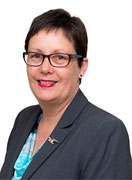
Dr McKinlay’s education role includes conducting workshops to assist healthcare workers with communication and other non-technical skills, improving safety and reliability, building resilience and avoiding burnout, and leadership. She also conducts
one-on-one intensive education and training with clinicians.
Wellbeing and team performance series
96% of attendees rated the series as relevant to their work, describing it as evidence-based and practical
Overview:
This webinar shared practical, evidence-based strategies for clinicians and healthcare professionals to sustain physical and mental wellbeing.
Learning objectives:
- An overview of the COVID-19 crisis and its impact on human behaviour.
- Six strategies for surviving COVID-19, including strategies to manage anxiety and practise self-care.
- Understand Maslow’s hierarchy of needs.
- Understand how to manage psychological safety and build wellbeing.
Reference list:
Care in the Time of COVID-19 Reference ListDr Stephen Walker
About the presenter:
Dr Stephen Walker is the Associate Medical Director of Cognitive Institute. Dr Stephen Walker is an experienced medical professional, having held the positions of Director of Clinical Training, Deputy Director of Medical Management and Emergency Physician at Mater Health Services Brisbane, Australia; Deputy Director and Director of Emergency Medicine at Mater Hospital; Deputy Director and Director of the Emergency Department at Ballarat Health Services; and Emergency Department Director at St John of God Hospital Ballarat, Australia.
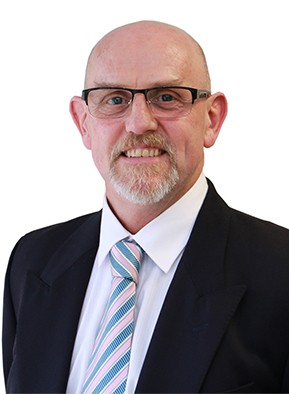
Dr Walker has published on trauma care efficacy and patient communication. He holds postgraduate qualifications in clinical education and health management and is a certified organisational coach.
Overview:
This webinar shared practical, evidence-based strategies for leaders to care for the clinicians and staff they lead and presented a practical briefing and debriefing tool, RapidCheck™.
Learning objectives:
- Explore key models that can support leaders in complex decision-making and maintaining team performance in times of uncertainty.
- Examine strategies to manage psychological safety and build wellbeing within your teams at a time when increased adaptability is required.
- Explore the link between resilience and pro-actively ensuring team inclusion and diversity.
- Gain an understanding of the Cognitive Institute’s RapidCheck™ team briefing and debriefing model designed to transfer new understandings and learnings into higher team performance.
Reference list:
Care in the Time of COVID-19 Reference List: Sustaining Clinical Team Performance
RapidCheck™ resources:
Dr Mark O’Brien & Dr Stephen Priestley
About the presenters
Dr Mark O’Brien is the International Education Consultant for Cognitive Institute. He was a co-founder of Cognitive Institute and served as Medical Director until March 2021. Dr O’Brien is a well-regarded consultant and expert trainer in the areas of clinical leadership, risk management and quality and safety within the Asia-Pacific region. He is a published author and regular international speaker who has a passion for supporting clinicians to address the challenges they face in delivering the highest quality care to their patients.

Dr Stephen Priestley is a specialist in Emergency Medicine with broad experience at the Director level in public hospitals across both Victoria and Queensland, Australia. He is currently a Senior Staff Specialist in Emergency Medicine at the Sunshine Coast Hospital and Health Service, having previously held the position of Director of Emergency Medicine to March 2017. Dr Priestley has a particular interest in patient safety and quality care as evidenced by his appointments within health services and the Australasian College for Emergency Medicine (ACEM)
